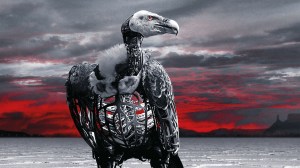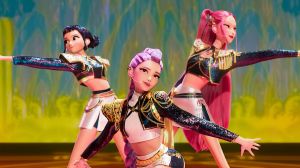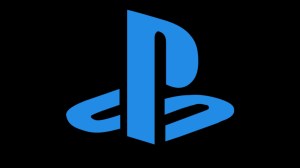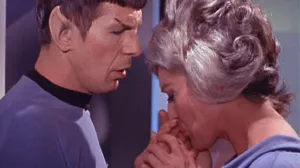As Westworld unraveled in 2016, fans took to internet forums in greater numbers than ever to dissect and decode the show. HBO’s prestige sci-fi series leaned heavily into its mystery box with cryptic symbols like the maze and Hosts claiming “doesn’t look like anything to me.” Based on the 1973 film of the same name by Michael Crichton, the adaptation ran with the idea of cowboys and robots, using the conceit to pose intriguing questions about the nature of consciousness.
Videos by ComicBook.com
Then came the first major twist. On November 13, 2016, HBO aired “Trompe L’Oeil”, the seventh episode of Westworld Season 1. In its final moments, viewers learned that Bernard Lowe, the park’s head of programming (played by Jeffrey Wright), wasn’t human at all, but a host, built by Dr. Robert Ford (Anthony Hopkins) in the image of Ford’s late partner, Arnold. The twist shocked viewers, generated even more buzz for the series, and cut straight to the heart of the theme. Nearly a decade later, fans still haven’t recovered.
On November 13, 2016, Westworld Pulls Off a Major Twist
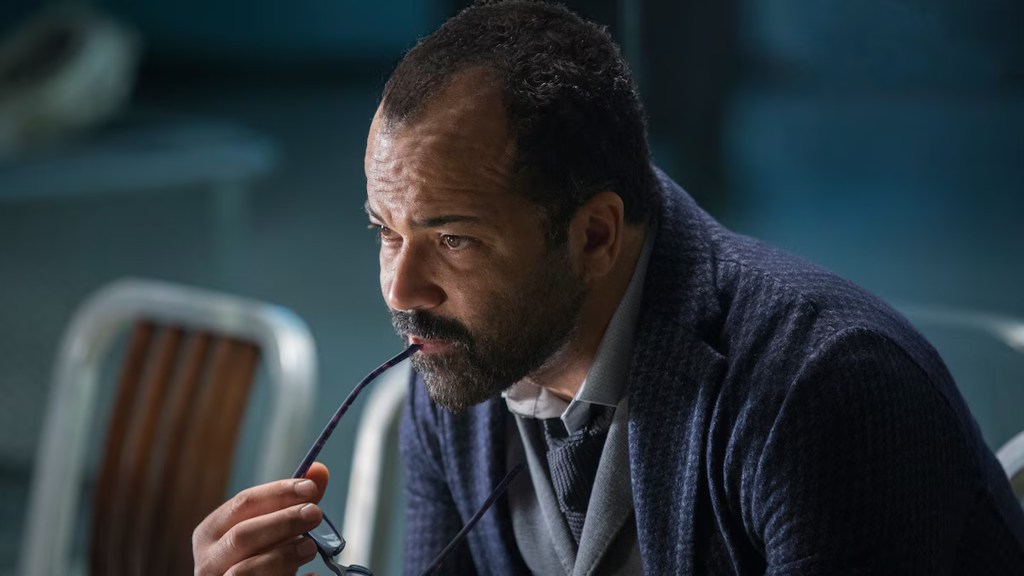
Created by Jonathan Nolan and Lisa Joy, the series featured a sprawling cast, led by Evan Rachel Wood, Thandiwe Newton, Ed Harris, and James Marsden, who played hosts and humans locked in cycles of violence and rebellion. By the time “Trompe L’Oeil” came out, audiences had already gone full conspiracy wall. Bernard’s lack of backstory triggered Reddit threads speculating on his past. His conversations with Ford about the “nature of consciousness” spurred wild theories, most of which never came close to what the writers had in mind.
In episode 7, when Theresa Cullen (Sidse Babett Knudsen), Bernard’s colleague and paramour, discovers Ford’s hidden lab, she uncovers host blueprints and sees Bernard’s own face staring back at her. Bernard then hits her with the “doesn’t look like anything to me” line before Ford commands Bernard to kill her. Beyond the emotional devastation, the twist forced viewers to confront Westworld’s central question about the line between “real” and “artificial.” Bernard was programmed to believe he was “real,” so was he? Bernard’s slow processing of the nature of his own consciousness is distilled best in his line from the following episode, “I understand what I’m made of, how I’m coded, but I do not understand the things that I feel. Are they real, the things I experienced? My wife? The loss of my son?”
Fans Are Still Reeling From the Host-Bernard Reveal
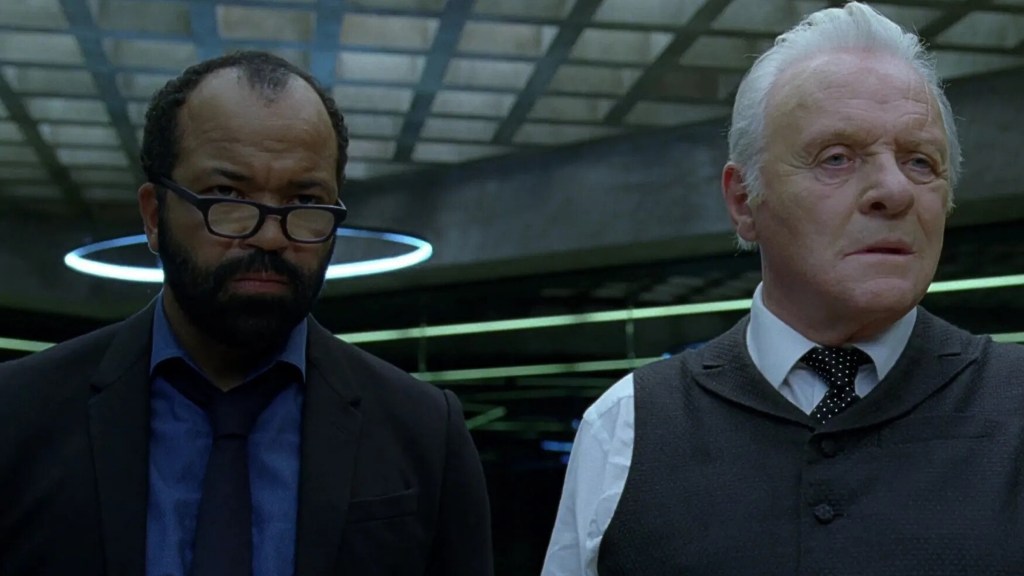
To say fans were obsessed would be an understatement. Westworld’s subreddit, which exploded during Season 1, became a wild west of its own. Users cross-referenced dialogue, mapped timelines, and even compiled screenshots of door handles to prove theories. A week before “Trompe L’Oeil” aired, one now-legendary Reddit post titled “Theory: Bernard is a Host and Represents the 4th Level of Consciousness” became one of the only fan theories to nail the prediction, compiling a mass of evidence, including the ways Bernard mirrored Dolores.
Post-mortems only ramped up after the reveal. Some fans figured out that “Bernard Lowe” was an anagram for “Arnold Weber.” Others debated how long Ford had been replacing his human employees with hosts, or whether the entire Delos board might secretly be androids. By combing through early episodes for clues (like Bernard’s son’s death existing only in memories), viewers found an airtight narrative littered with breadcrumbs. One commenter even joked that “Westworld was gaslighting us with camera angles.”
It’s remarkable in retrospect how Nolan and Joy built their twist in plain sight. The episode’s title, “Trompe L’Oeil,” is a French art term meaning “to deceive the eye,” used to describe paintings so realistic they create an illusion of depth. The phrase not only alludes to Bernard himself, but also perfectly describes Westworld’s method of lulling the audience into a straightforward sci-fi, then ripping the rug out from under them to challenge perspective and assumption. The “Trompe L’Oeil” twist was the point for many where the scope of the season’s brilliance was understood, and nine years later, Westworld fans are still unpacking the twist, discovering new details, and debating thematic implications.
Bernard’s reveal was also the peak of Westworld’s cultural power. Later seasons would push deeper into things like simulation theory, but never quite reached the heights of the Season 1 turning point. Thankfully, the first season stands on its own, remaining one of the best sci-fi outings from HBO, and perhaps one of the best of the 2010s.
Were you one of the few who saw Bernard’s reveal coming? Leave a comment below and join the conversation now in the ComicBook Forum!

